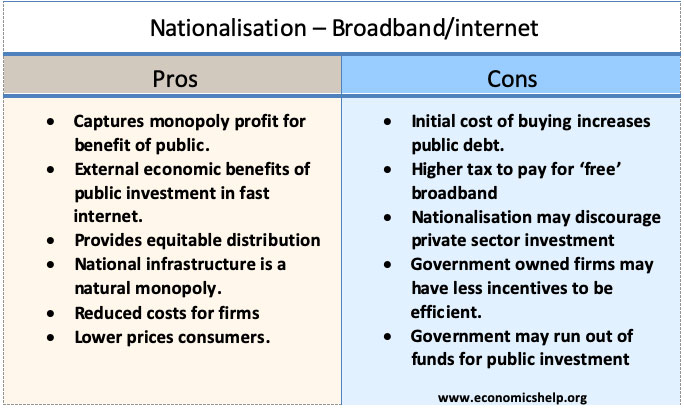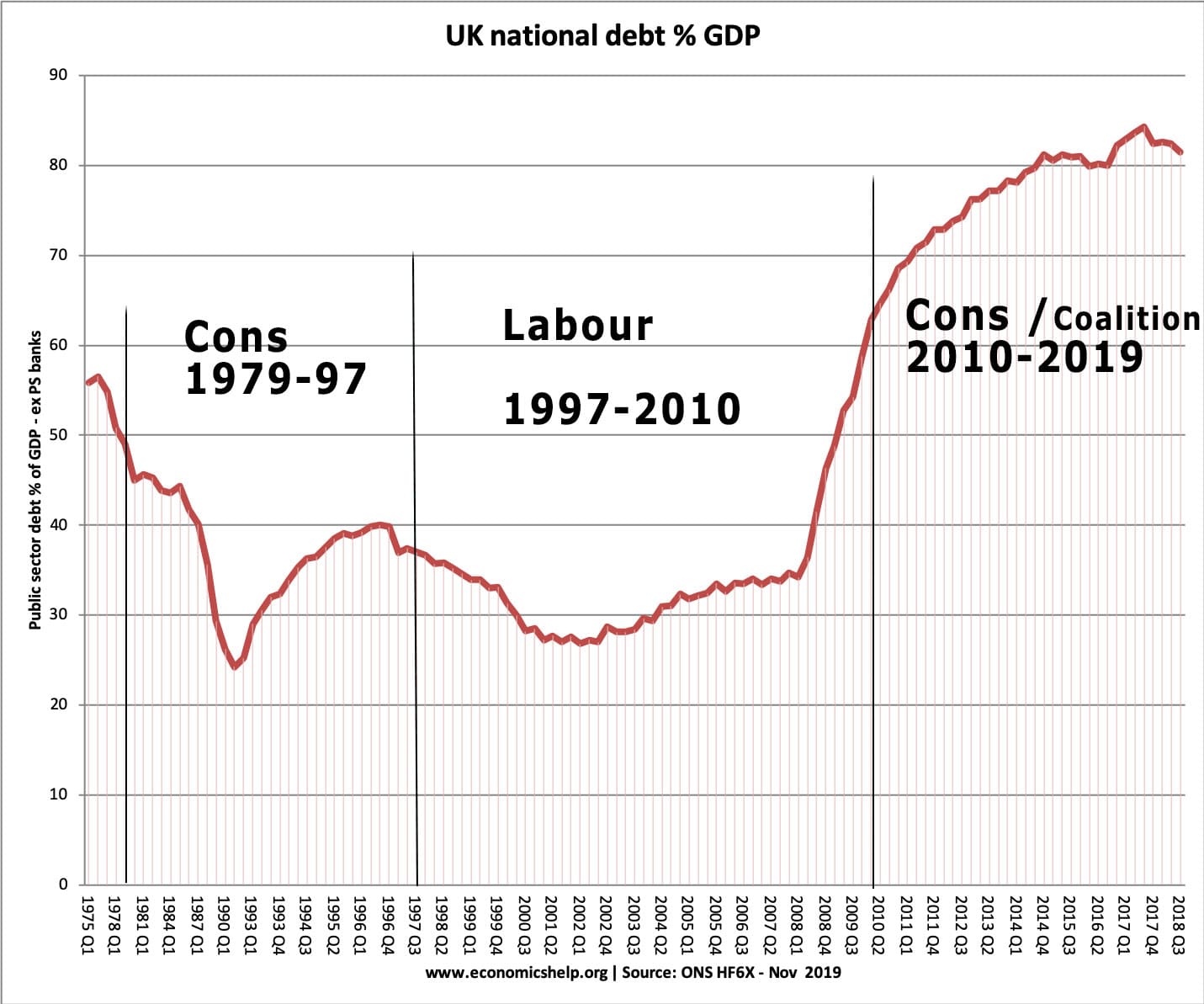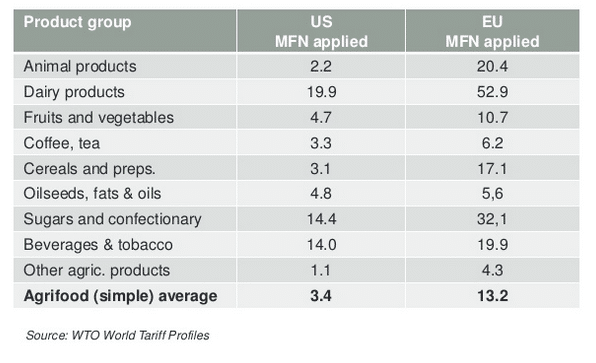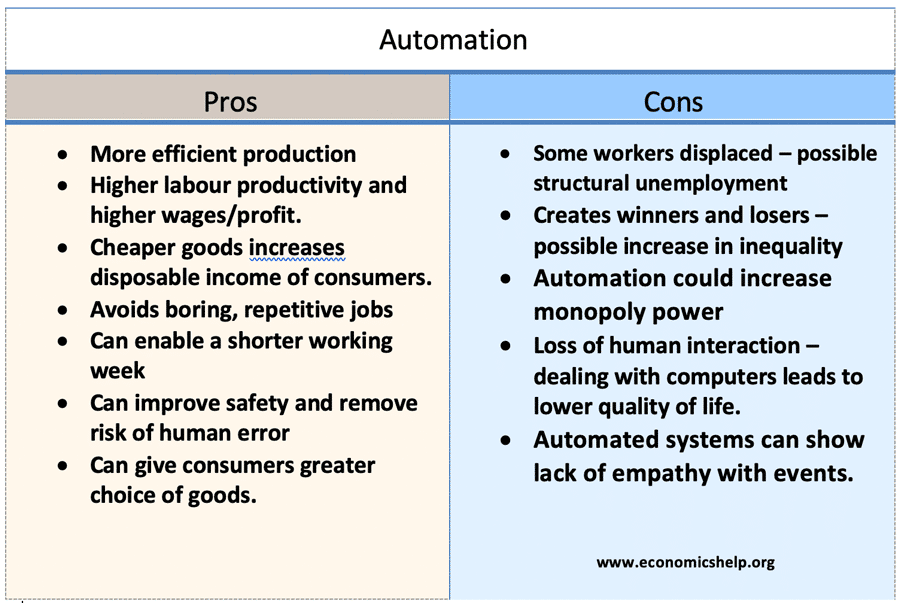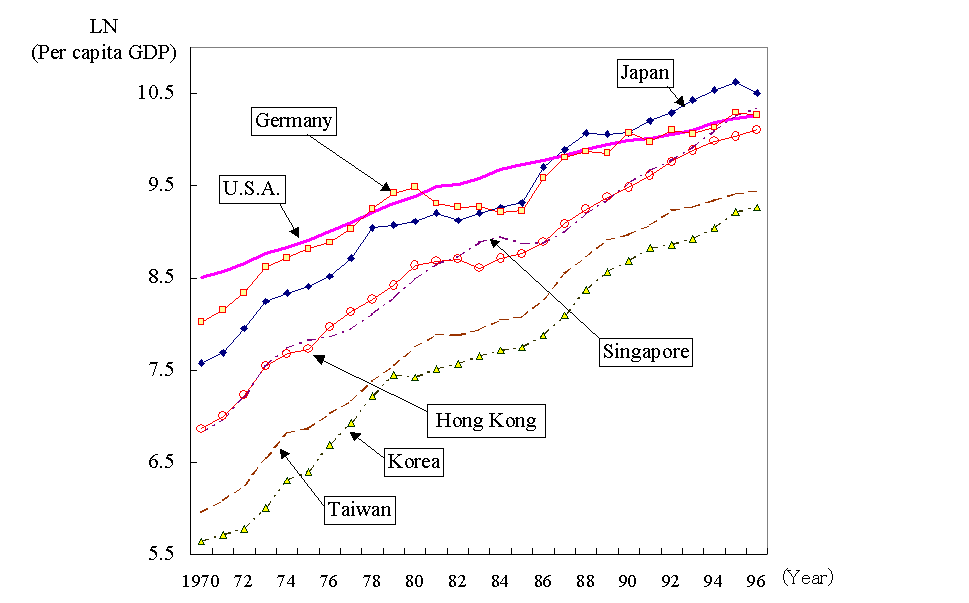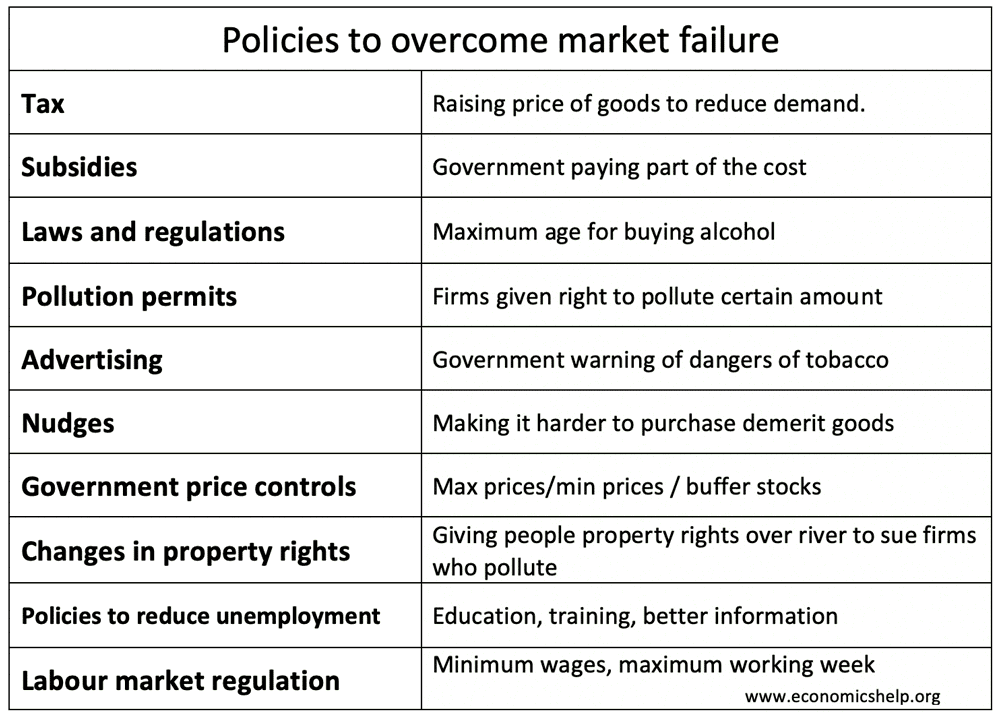Nationalisation of broadband – Pros and cons
The Labour Party has announced a policy to nationalise full-fibre optic broadband provision and offer free broadband to every UK home. It is an ambitious policy which would involve costs of £20-£40bn to purchase Openreach from BT (Labour suggest £20bn, BT, £40. Do the benefits of nationalisation outweigh the costs? Arguments for nationalisation External benefits …

